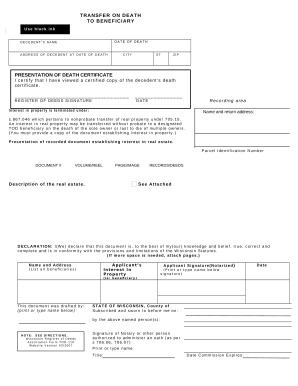
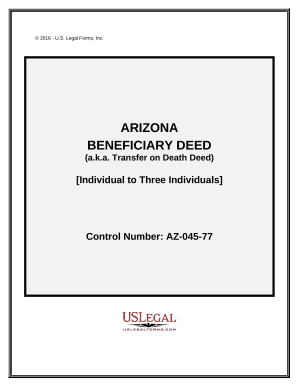
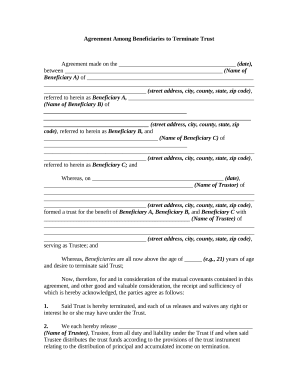
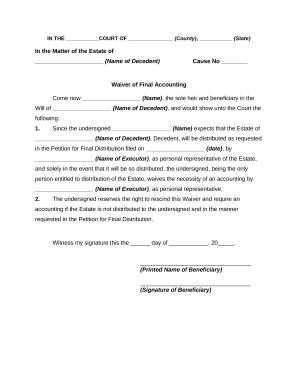

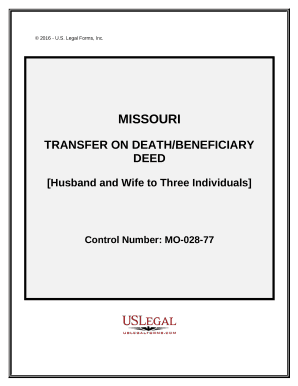
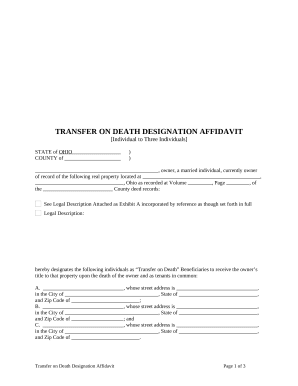


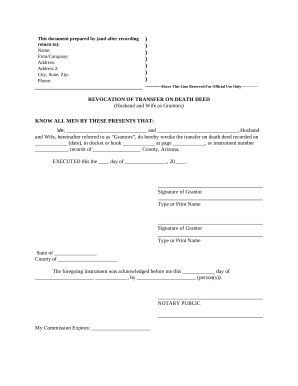
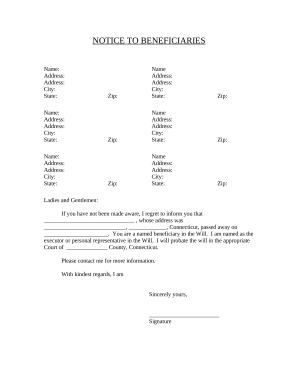
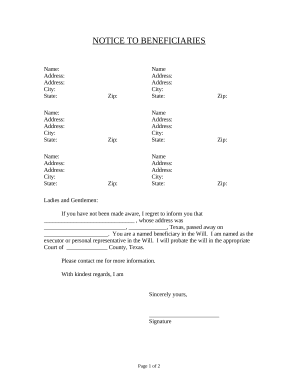
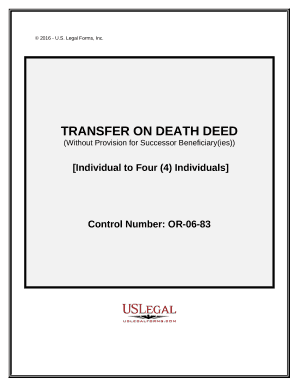
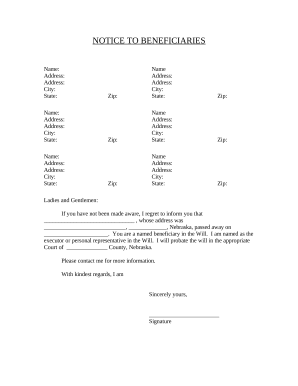
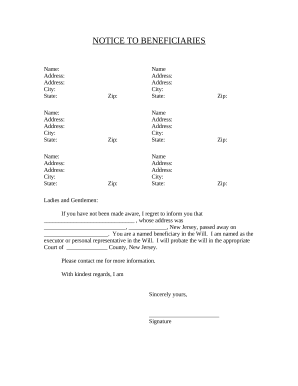
Improve your document administration with our Legal Forms for Beneficiaries category with ready-made templates that suit your requirements. Access your document, edit it, complete it, and share it with your contributors without breaking a sweat. Begin working more effectively together with your documents.
The best way to use our Legal Forms for Beneficiaries:
Discover all of the opportunities for your online file administration with the Legal Forms for Beneficiaries. Get a free free DocHub account right now!